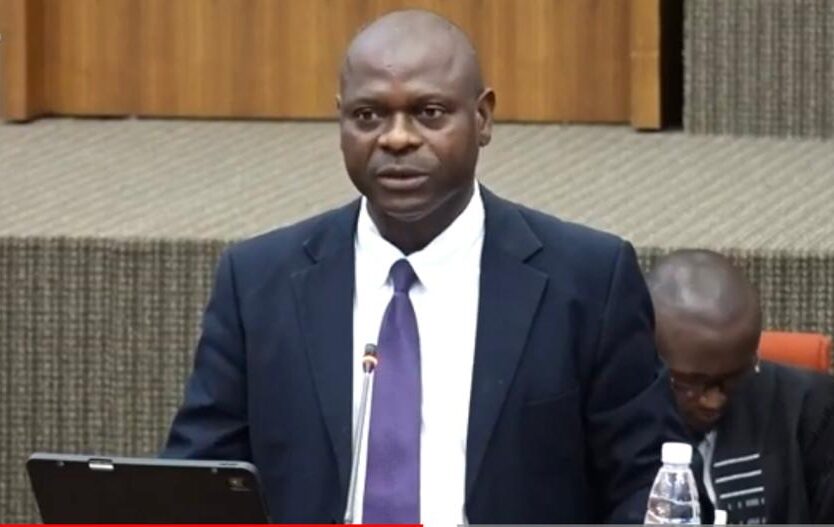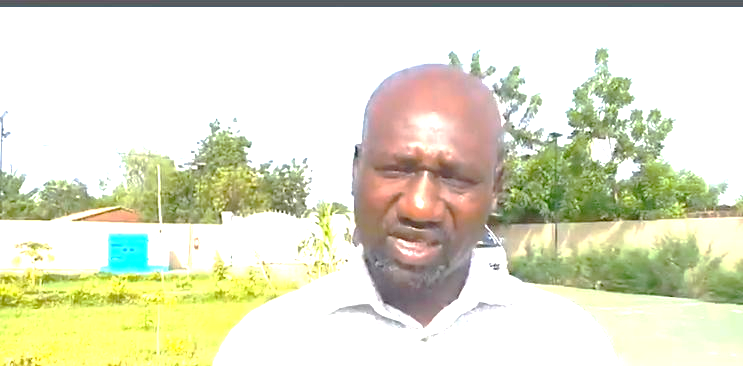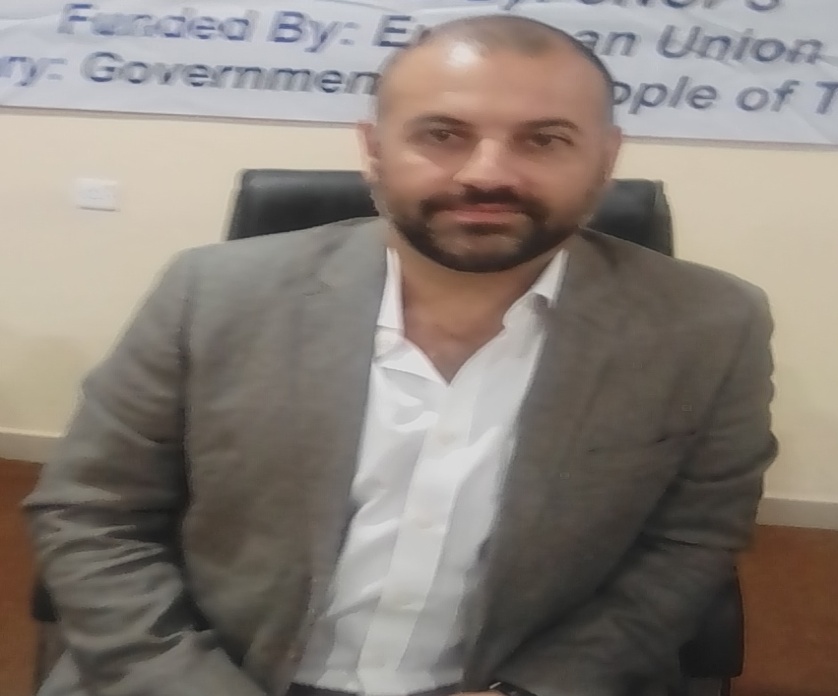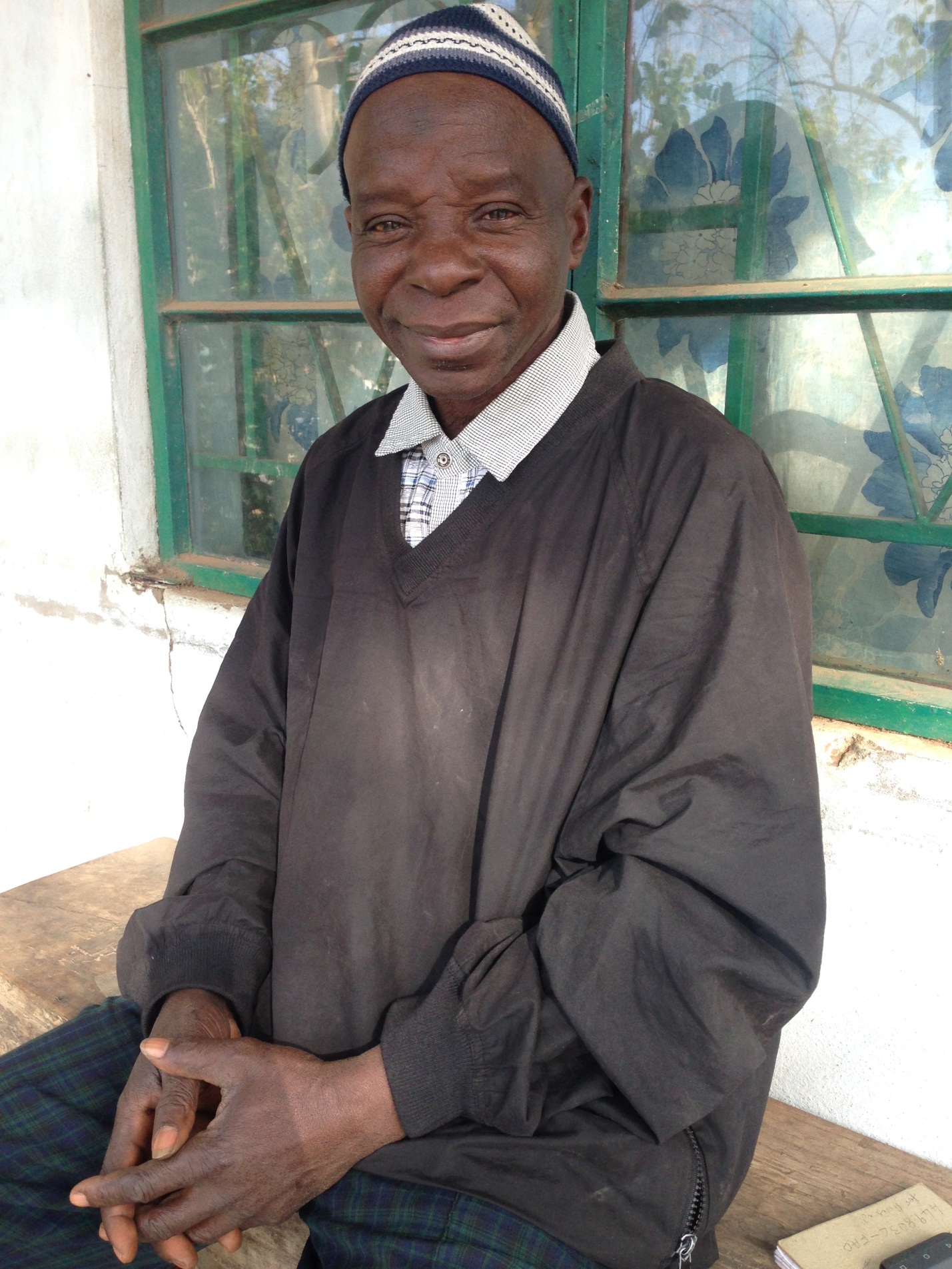By Musa S. Sheriff
Morro Gaye, Gambian Economist has stated that with a reported budget deficit of over D4 billion prompting the government to continue issuing Treasury Bills and SAS to commercial banks to fund its recurrent and development budgets,
In an interview with The Voice, he underlined that the country’s economic outlook continues to be bleak, especially when the leadership stubbornly failed to take appropriate austerity measures to institutionalize sound, robust, and the most sustainable policies to contain the growing spending waste and fiscal profligacy.
“It is an essential precondition to strengthen reform strategies that increase fiscal space for services and growth by pursuing effective infrastructure development, efficient tax mobilization, and sound public debt management, especially those debt guarantees on behalf of state enterprises that may fiscally impact the economy.
The 2023 Budget tabled by the finance minister at the National Assembly is projecting an appropriation of almost D22.02 billion. Out of this amount, the MoBSE is allocated DD3.47 billion, the Ministry of Health D1.9 billion, the Ministry of Works also D1.9 billion, and the rest distributed to the other ministries,” Gaye pointed out.
Speaking on debt service, he revealed that the government is planning to spend D4.3 billion to take care of interest on loans plus amortization.
According to him, this represents almost 15 percent of the entire budget allocation and more than the combined allocations of the budgets for the OP and fifteen other important sectors of our economy.
“With the reported budget deficit to reach D4 billion in 2023, there will be more borrowing from the commercial banks in the form of T/bills, SAS bills, and Government bonds to bridge the funding gap. Expect the debt to further rise significantly in the coming year.
The public debt outstanding as of 30th September 2022 is reported by MOFEA to be D90.7 billion (1.6 billion US dollars), this is an increase of over D2 billion from the outstanding figure for 2021. Out of this figure, the domestic debt constitutes D40 billion, and D50.7 billion for External debt,” disclosed,
He added: “As a worried Gambian, I continue to be concerned by the rising poverty levels and expansionary fiscal indiscipline being pursued by the debt-distressed government. The reckless disregard of the rising cost of debts will take years to service and leave us in a debt hole for unborn generations of Gambians to pay.”
According to him, financing development projects from domestically generated funds acquired as loans from commercial banks with substantially high-interest rates is proving very costly to the economy.
“What is economic development when Gambians can no longer afford three meals a day because of the hike in food prices everywhere? Motorists are constantly grumbling about the increasing rises in fuel prices, and the dalasi is persistently in a downward slide against the major currencies which is impacting the almost 80 percent of Gambians who depended on remittances from family members living abroad for their survival, and cap the icing of our despair, poverty levels have now reached unprecedented proportions in the past few years.
The 2023 budget failed to address the concerns of Gambians. The economy is sick and underperforming while the government continues to rely heavily on donor support and loans to meet its spending and development activities. The challenge we continue to face is the lack of implementation of a coherent programme to help the country’s rapid development,” he observed.
He added: “The reality of a harsh economic depression facing the nation made worse by long unsustainable budget deficits throughout the five years of the new Barrow administration continues to present formidable challenges particularly when donor support is declining. How long can the government continue to live on borrowed time widening the deficits and surviving on expensive private commercial bank loans?”




